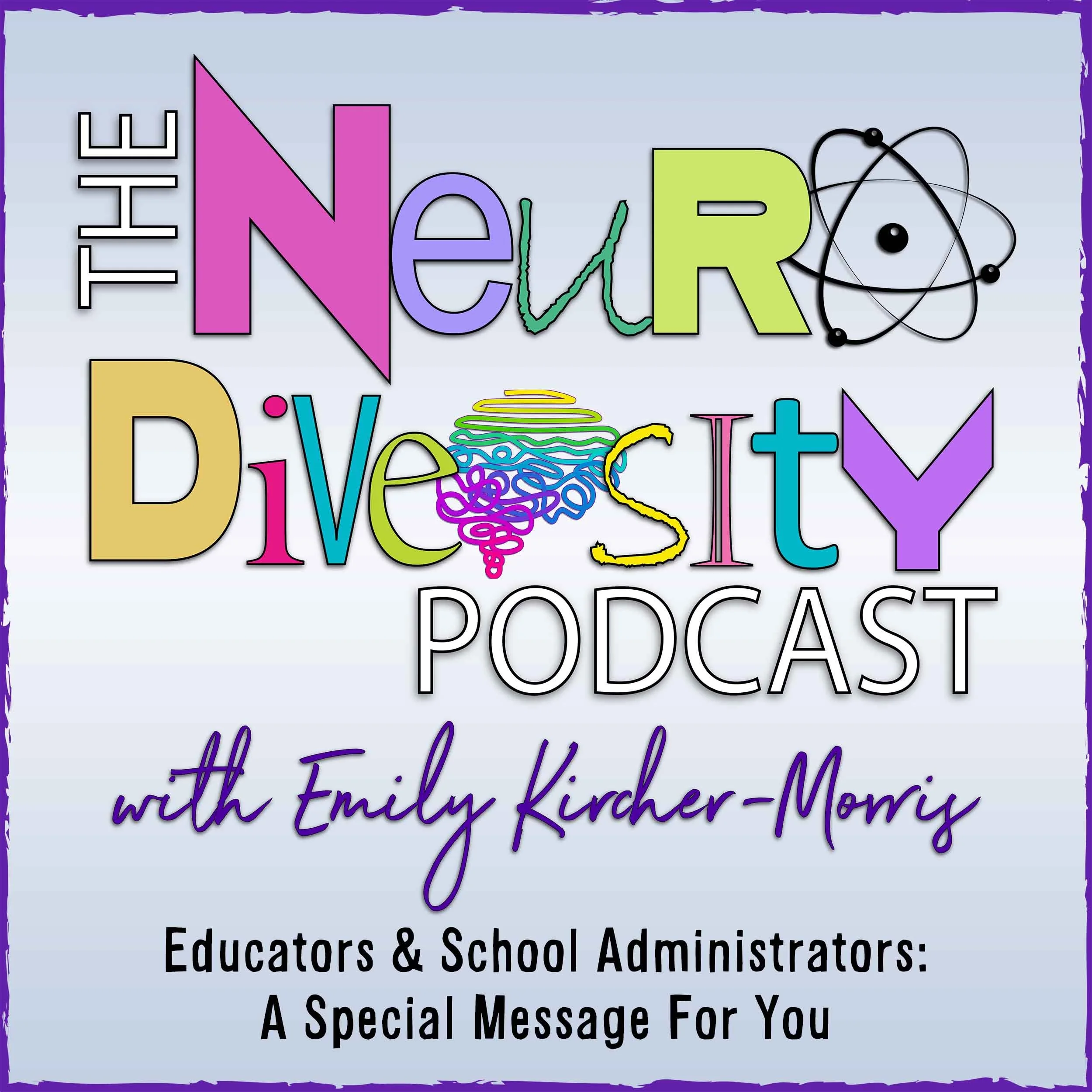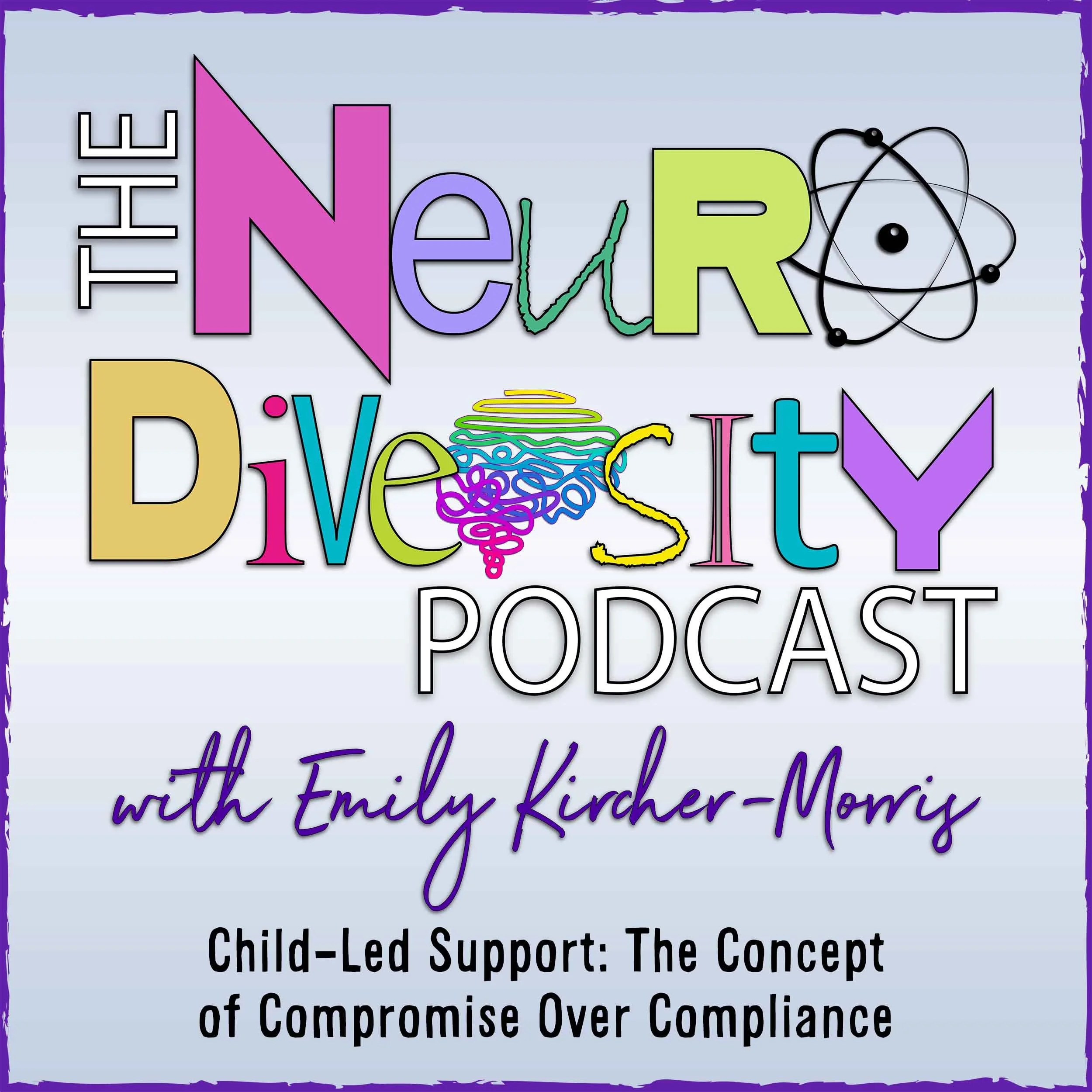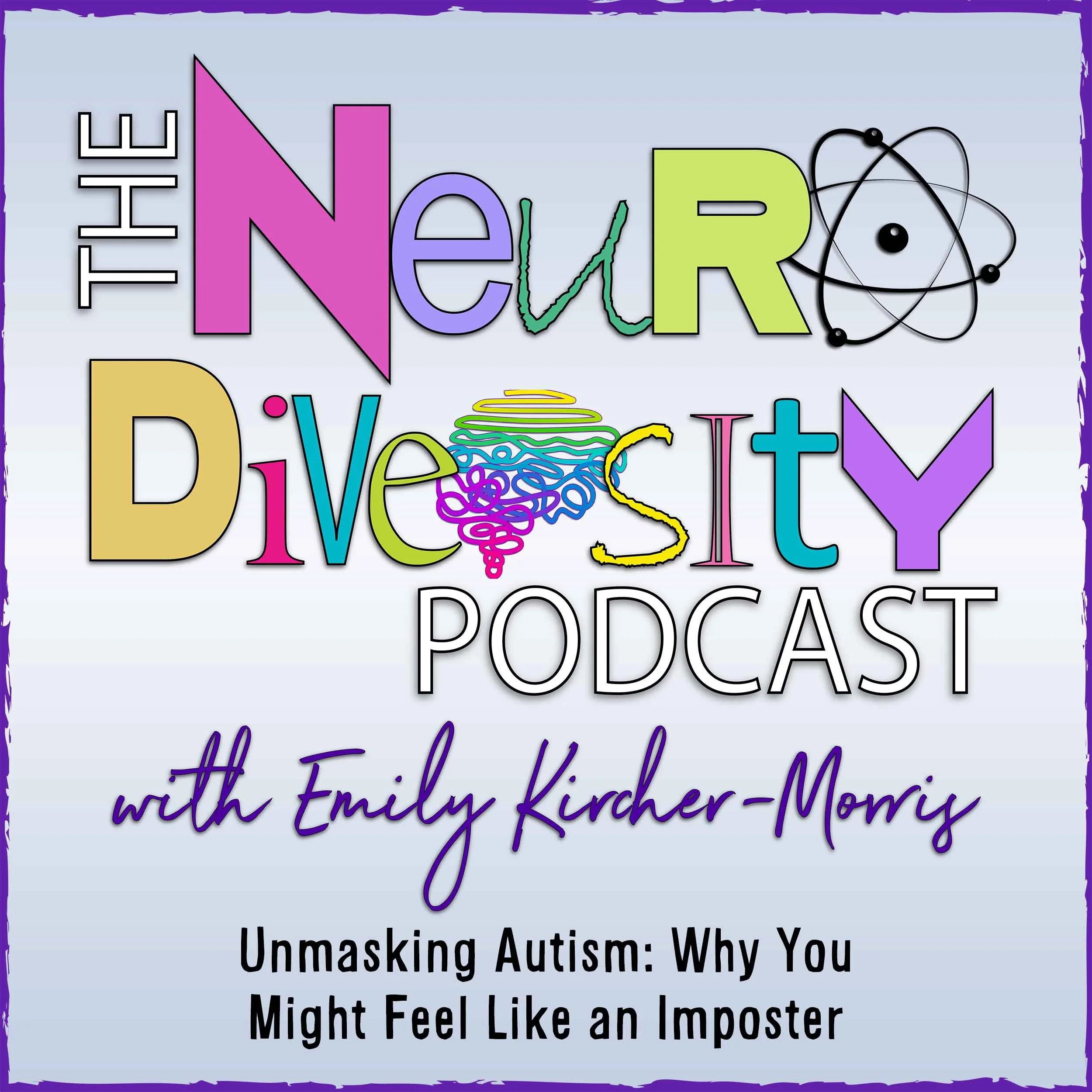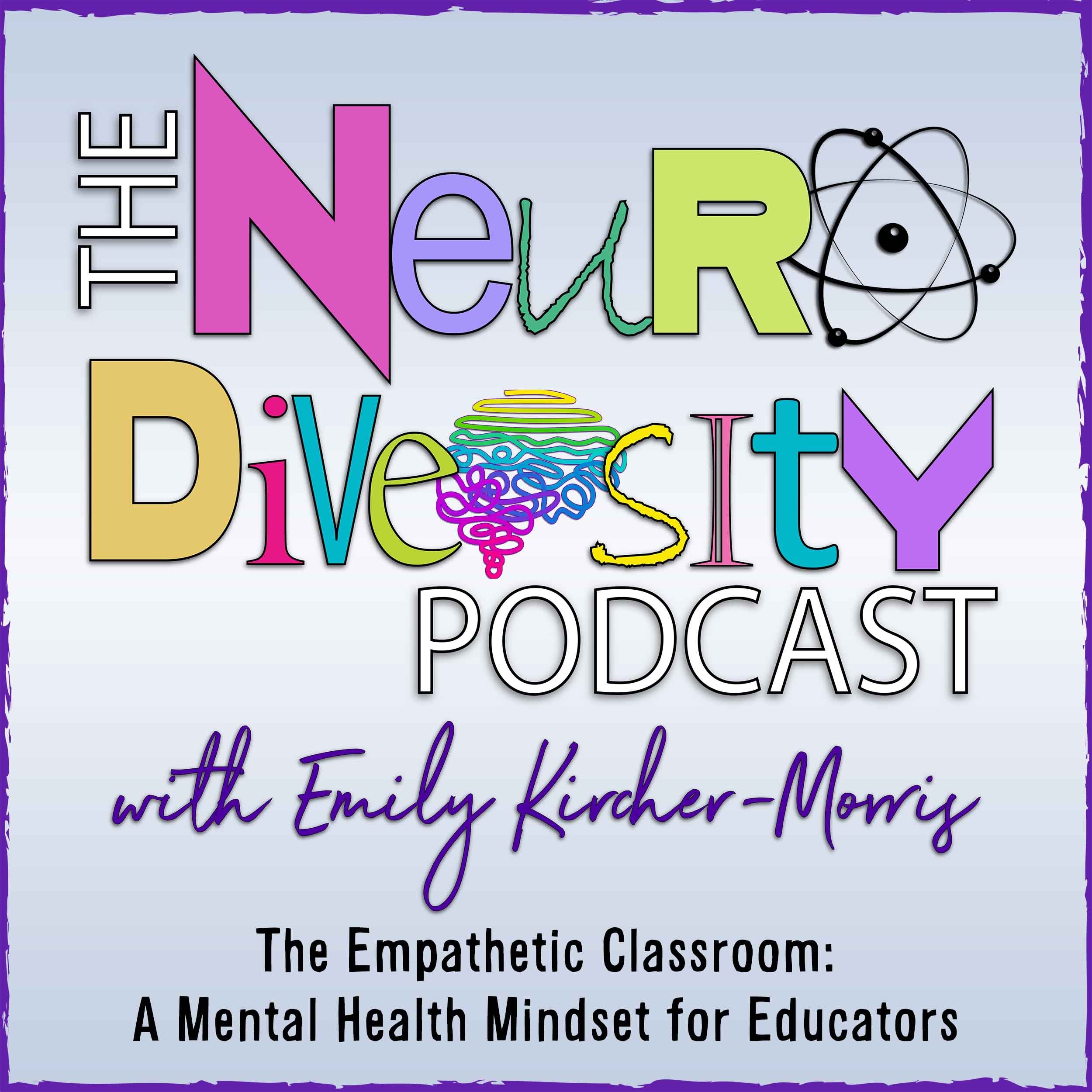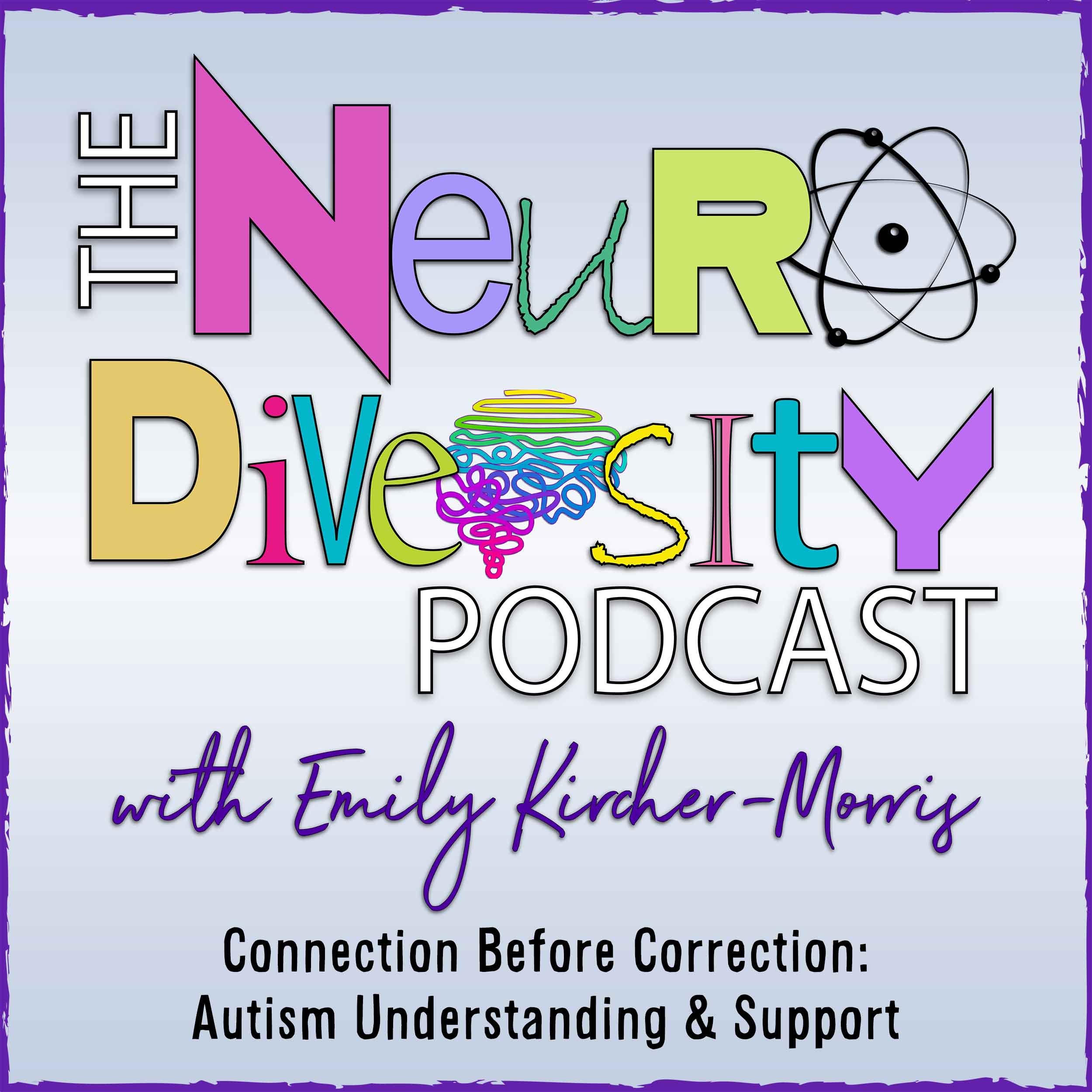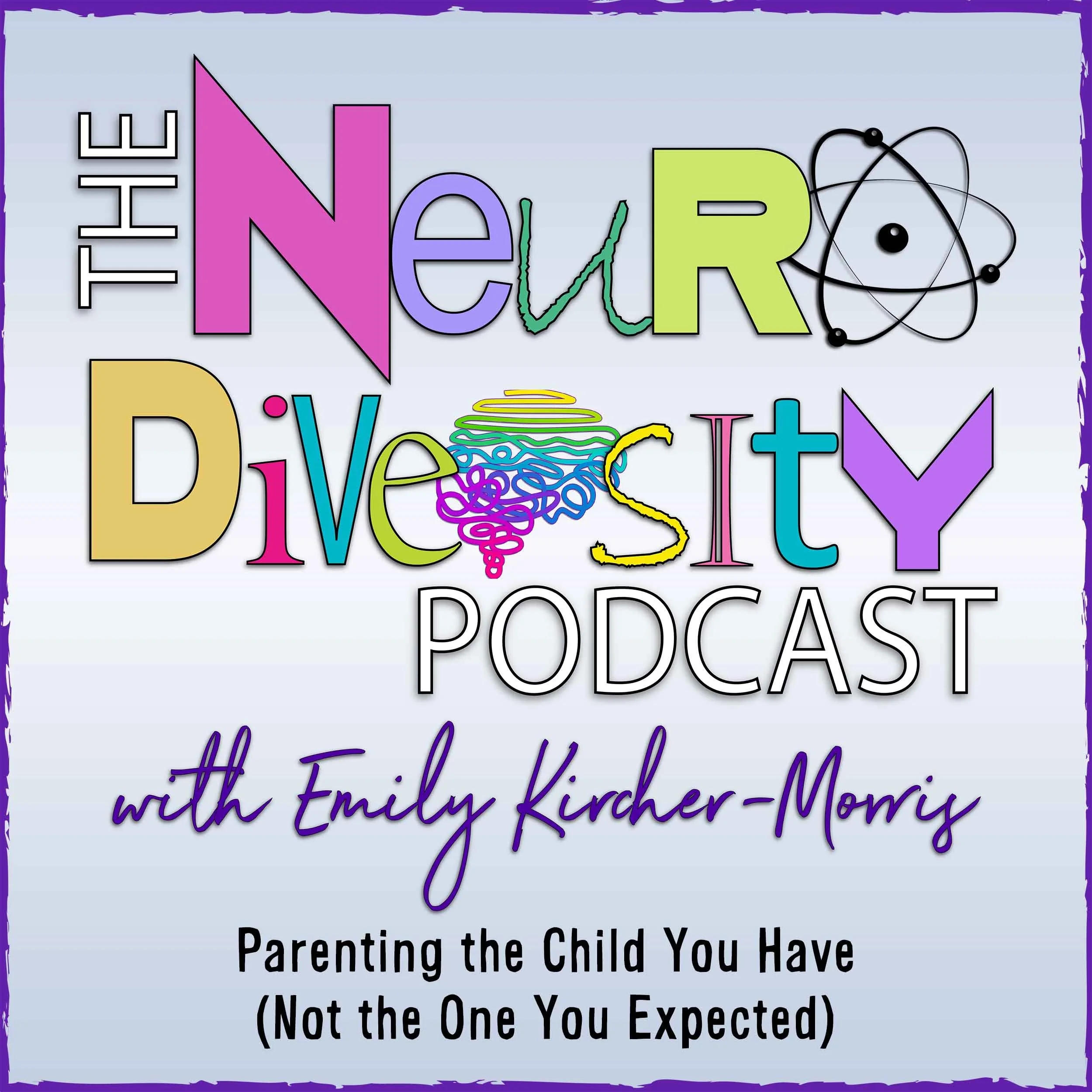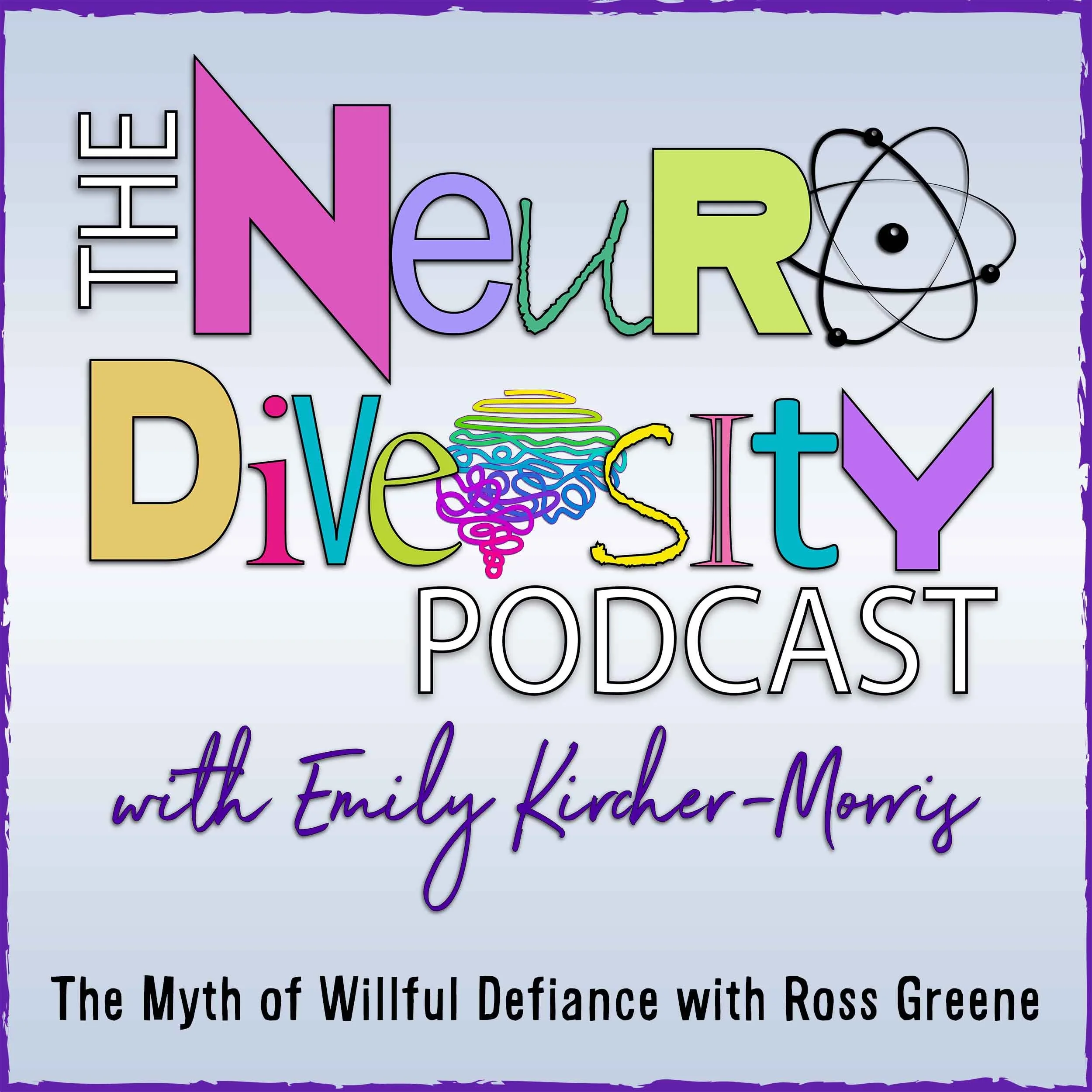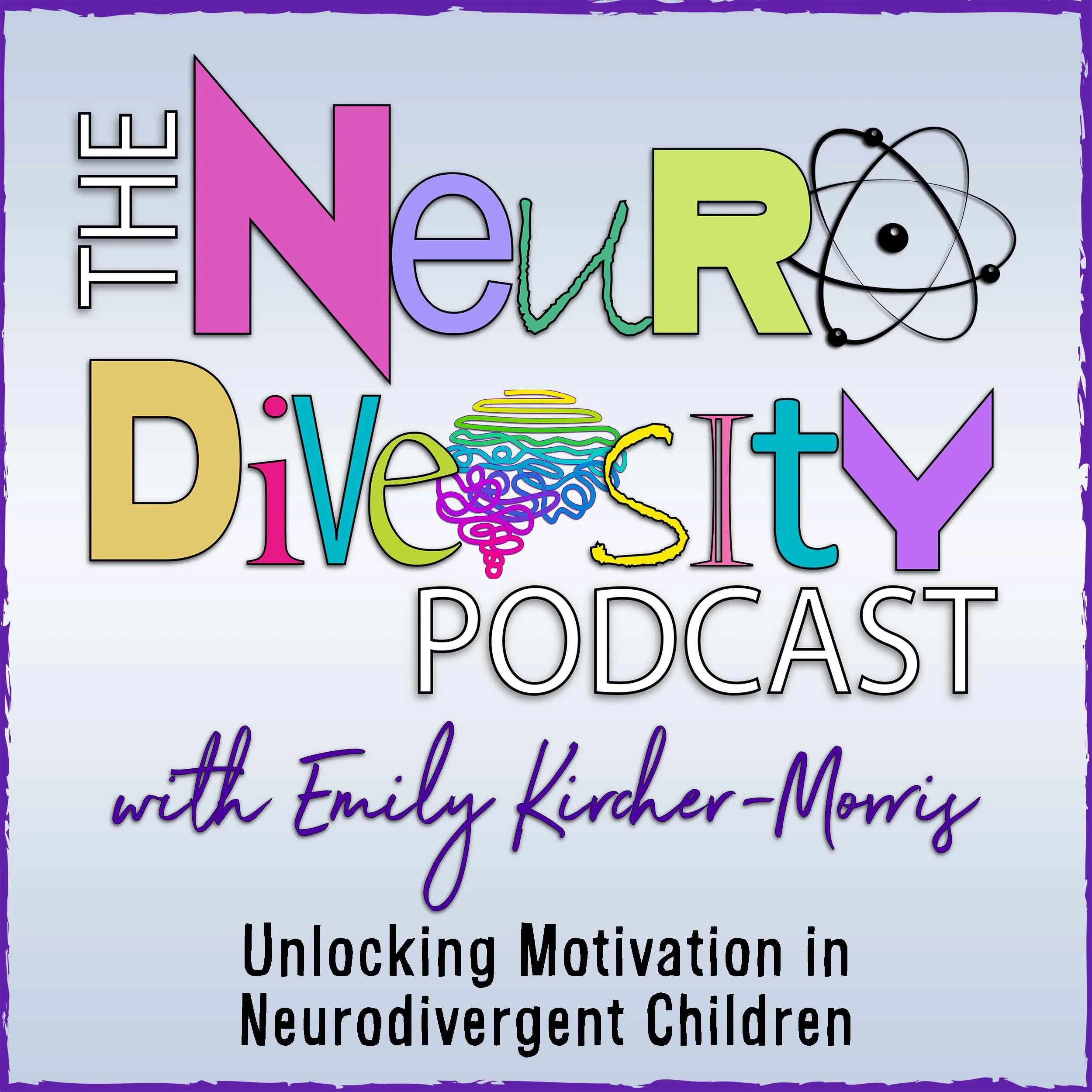Educators and school administrators, introducing a resource we hope will change the way you look at education.
Read More"A child-led approach is an approach where we are the partner to the child rather than the director."
Read More"While everybody else was developing their sense of self, we were developing a mask."
Read More"The thing that's important to remember for educators is that every interaction you have with a student is an intervention."
Read More"Rewards and consequences may help you get short-term compliance, but they have not solved any problems."
Read MoreEnabling is doing something for someone else without a plan to help them do it for themselves.
Read More"Non-compliance is good. It tells you that there's an expectation a kid is having difficulty meeting." - Ross Greene
Read MoreWhen it comes to neurodivergent brains, motivation isn't quite as simple as it seems.
Read MoreA perspective on intelligence, giftedness, twice-exceptionality, and neurodivergence.
Read MoreEquitable assessment in education is more than just a goal, it's a necessity.
Read MoreEmotional dysregulation is a big part of living with ADHD that doesn’t always get the attention it deserves.
Read MoreWhat does inclusion look like when it’s more than a philosophy… when it’s actually lived out in classrooms, in teams, and in the everyday moments where students decide whether they belong?
Read MoreA fresh, unique experience in the classroom can completely change the lives of gifted students.
Read MoreFor many nonspeaking autistic people, communication isn’t a matter of language or intelligence, it’s a matter of access.
Read MoreWhen families enter the world of special education, they’re often told it’s built to protect and support students, but too often, it’s a maze that leaves parents exhausted, isolated, and fighting to be heard.
Read MoreThe feelings people have about finally confirming they are neurodivergent can shows up in many forms, including a sense of grief.
Read More

